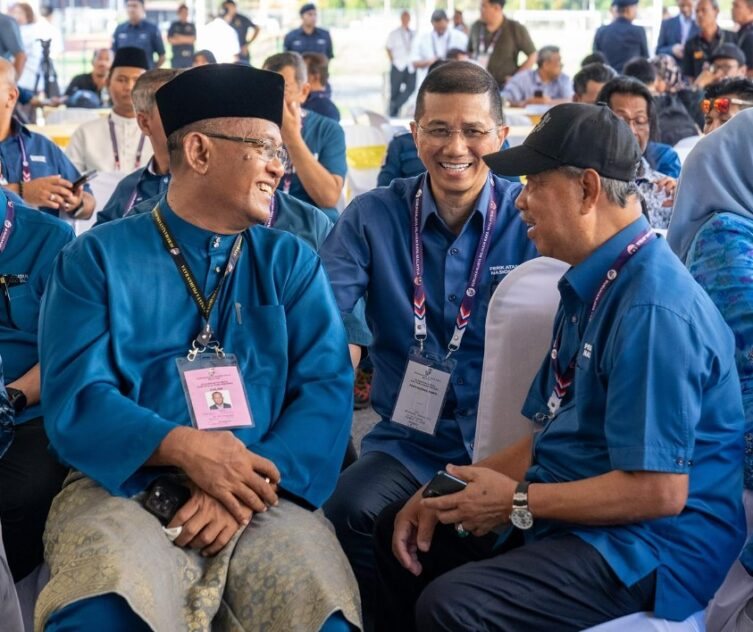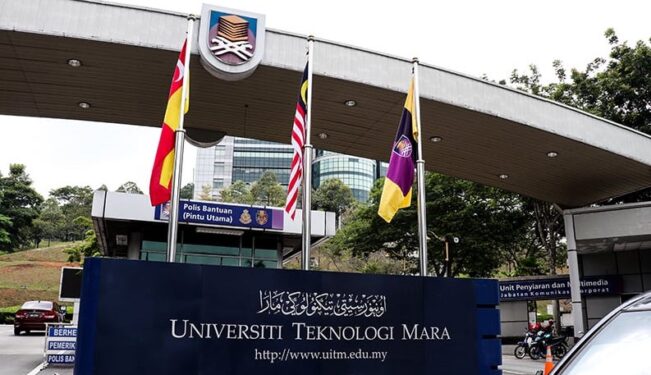THE Kuala Kubu Baharu (KKB) by-election will determine the support patterns of Malay voters in Selangor as there had been a trend of Malay voters rejecting Pakatan Harapan (PH) from the time of the 15th General Election (GE15) on Nov 19, 2022 to the six state elections on Aug 12 last year.
Would DAP be rejected by the Malay voters at the polls because of it’s candidate Pang Sock Tao’s links to Housing and Local Government Minister Nga Kor Ming who has stirred controversy due to his proposal to make Chinese New Villages a UNESCO (United Nations Educational, Scientific and Cultural Organization) heritage site?
Critics have lambasted the UNESCO plan for the Chinese Villages in Selangor as an ‘ethnocide’ and a challenge against the rights of the Malays.
On the other hand, there are several issues involving Indian voters that need to be ironed out with regard to what was promised but not yet been fulfilled.
The Indians are surely unhappy with a lack of a Tamil representation in the cabinet. This might cause a swing of Indian votes to Perikatan Nasional (PN).
The KKB state legislative assembly has about 7,500 Indian voters, representing 1% of the total voters. Two polling districts with high numbers of Indian voters are Bukit Tagar and Kerling.
Close to half of the 7 500 Indian voters are said to be MIC members. There are 19 MIC branches alone in KKB.

DAP will need to secure at least 65% of the Indian votes to win the by-election. DAP will most likely retain the Chinese votes while the Malay votes will be divided. Hence, the Indians will be kingmakers.
For the Malaysian Indians, it has been a gradual displacement without any meaningful affirmative programmes such as those for the majority community.
There’s still much discontent of the unity government among the Indians. Critics feel that the PH-Barisan Nasional (BN)-led Madani government has given Indians the cold shoulder. The general perception is such that the government of the day is more concerned about winning Malay vote with little meaningful programmes for other races.
Even the Chinese leaders in DAP are more interested in securing the Malay votes while seemingly taking the Indian votes for granted.
The MIC top leadership has tried to quell the frustration among Indians folks in KKB by reminding them that this is not the time to vent their anger while urging them to vote wisely in the May 11 by-election.
Meanwhile, PN is confident of winning the KKB state seat if there is a large Malay turnout at the by-election.
The Malay votes in general are split right now among PH, BN-UMNO and PN. While some Malays are still fence-sitters, the emergence of numerous Malay-centric parties have fragmented the Malay votes which may give DAP the winning edge in the KKB by-election. – April 30, 2024
M. Vivekananthan has served the Malaysian government at various ministries and agencies for 30 years.
The views expressed are solely of the author and do not necessarily reflect those of Focus Malaysia.










